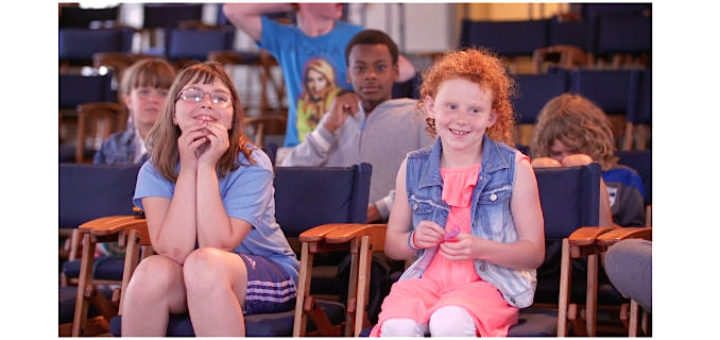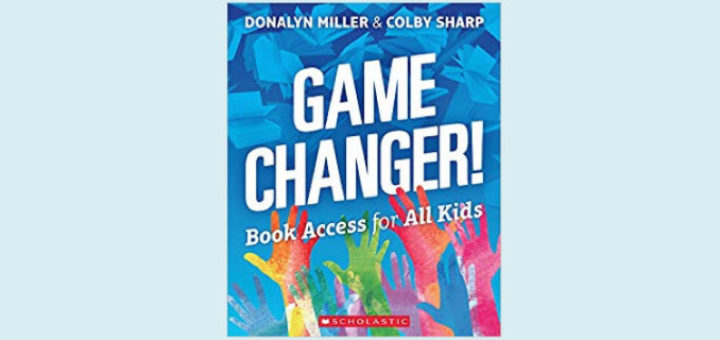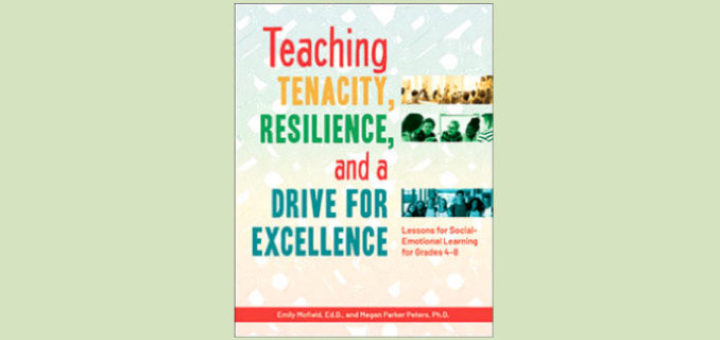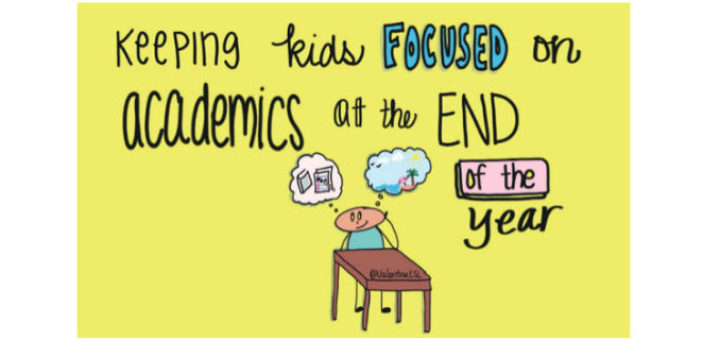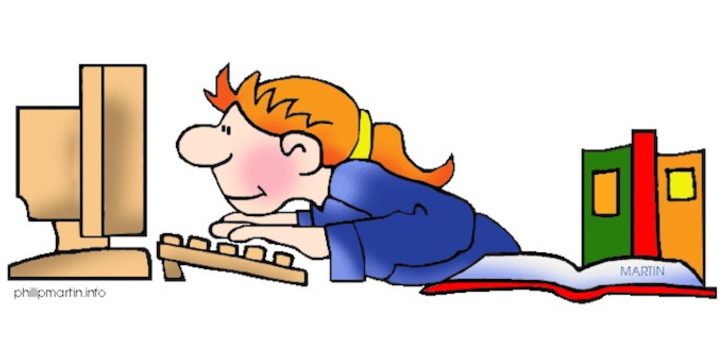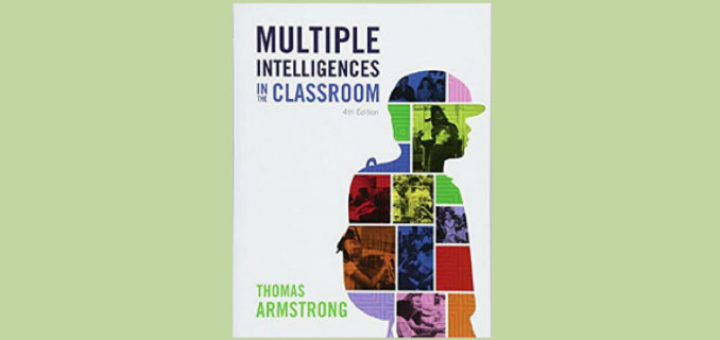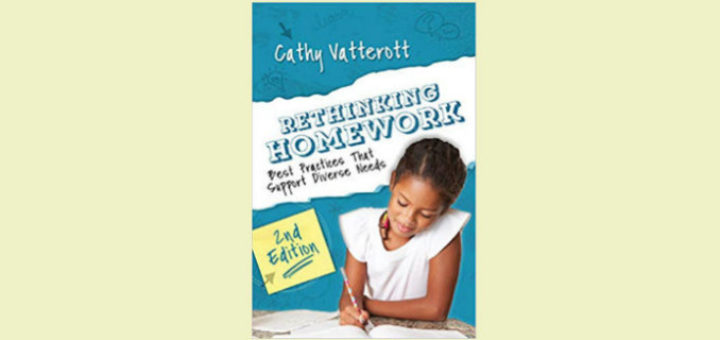Teaching and learning in grades 4-8
Math students who prefer competition do a good job of creating it for themselves, writes author-educator Jerry Burkhart. On the other hand, kids who prefer collaboration and reflection need teachers to create an environment that supports their mathematical learning.
What if students could find a way to overcome their fear of speaking, learn storytelling, and become more confident public speakers? Teaching these skills to middle graders using stand up comedy can lay the groundwork for greater success, writes actor-educator Kevin Flynn.
Donalyn Miller and Colby Sharp’s “Game Changer! Book Access for All Kids” is a must-read, writes principal, NBCT and veteran school librarian Rita Platt. Its 10 short chapters are power-packed with research, stories and strategies for building a strong reading culture.
Teaching Tenacity offers a series of thoughtful, research-based lessons that will provide students with the tools to make the pursuit of excellence a life-long endeavor. Jeny Randall looks forward to bringing the lessons to her morning advisory time but says advisory isn’t a must.
Novels about school are rare and often feature a lone heroic teacher defying the odds. Instead, NBCT Roxanna Elden’s fictional account of life at a struggling urban Texas school – “Adequate Yearly Progress” – is funny, often moving, and always authentic. Read Chapter 2.
Take time now to do some preliminary thinking about next year’s STEM lessons. Gather feedback from your students before they sign out for summer, suggests STEM expert Anne Jolly, and also consider four key areas that often get short shrift during STEM curriculum planning.
End of year is an optimal time for educators to step out of our comfort zones and try innovative techniques with our students. Don’t fall into “countdown mode.” Think of this time as a gift, without the pressure of state testing. Give Valentina Gonzalez’s strategies a try!
Our students are native digital readers, but they aren’t necessarily logged into their Kindle accounts. Helping middle schoolers become lifelong readers of credible news and information requires proactive strategies. Teacher Jeremy Hyler describes three of his favorites.
Teachers will find everything they need to implement the theory of multiple intelligences in Thomas Armstrong’s book, writes teacher Michelle Voelker. Armstrong addresses MI criticism and provides easy changes that can be made by teachers who want to decide for themselves.
How many minutes? In which grades? What really works? How can family be engaged? These and lots more questions are answered in Cathy Vatterott’s book Rethinking Homework. Educator Brian Taylor says it’s a must for educators who want to bring sanity to homework policies.


